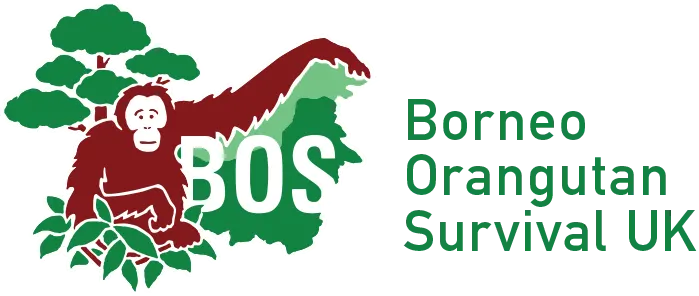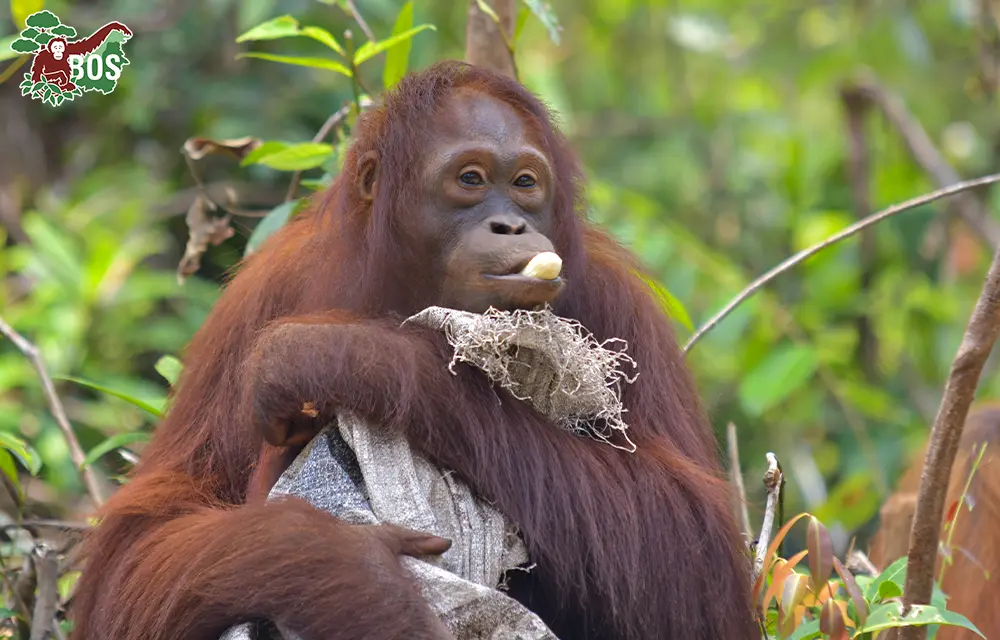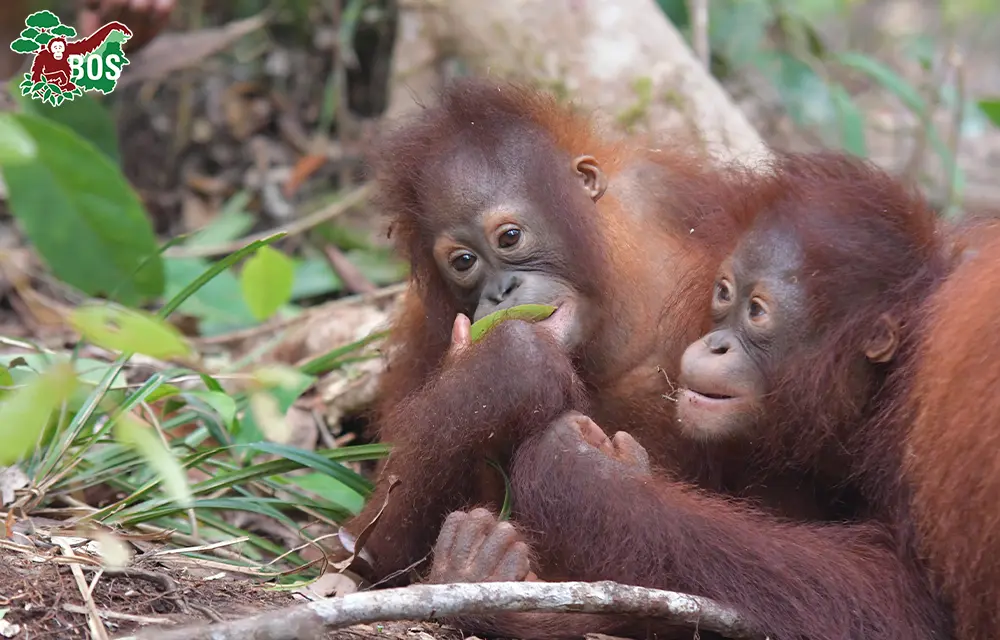Dipterocarp forests are among the most majestic tropical ecosystems in Southeast Asia. Characterized by towering tree species from the Dipterocarpaceae family, these forests are more than just carbon sinks or biodiversity hotspots—they are vital habitats for some of the world’s most iconic and endangered wildlife, including the Bornean orangutan (Pongo pygmaeus).

What sets Dipterocarp forests apart is their multi-layered canopy and dense vegetation. Trees such as Shorea, Dipterocarpus, Anisoptera, and Hopea can grow up to 70 meters tall, creating a vertical habitat structure that supports a wide array of forest life. For orangutans, these forests are ideal: the high canopy offers food, shelter, and safety.
On the forest floor and mid-story, plant diversity flourishes with ferns, Elingera, and various understorey shrubs that contribute to a balanced ecosystem. The availability of fruits, flowers, and young leaves from Dipterocarp trees forms the dietary backbone for orangutans, enabling them to thrive in their natural environment.
Dipterocarp forests are distributed across Sumatra, Kalimantan, and parts of Sulawesi. Kalimantan, in particular, boasts the most extensive Dipterocarp forest cover and serves as a stronghold for the Bornean orangutan. However, these vital habitats are under serious threat.
According to Global Forest Watch, Indonesia lost more than 32.0 million hectares of tree cover between 2001 and 2024, with East Kalimantan among the regions experiencing the highest rates of deforestation. This loss fragments orangutan populations, reduces access to food and nesting sites, and increases the risk of conflict with humans.
Orangutans are not just inhabitants of Dipterocarp forests—they are key players in maintaining them. By consuming fruits and dispersing seeds through their feces, orangutans help regenerate the forest. This natural process supports biodiversity and enhances the forest’s resilience against climate change and ecological degradation.
Studies show that Dipterocarp forests store significant amounts of carbon, regulate water cycles, and prevent soil erosion. As one of the most biologically productive ecosystems (Whitmore, 1984; Meijaard, 2006), these forests support over 50% of the tree species found in parts of Southeast Asia.
Conservation efforts are essential to protect and restore Dipterocarp forests. Initiatives like forest area protection, reforestation, and orangutan rehabilitation and reintroduction play a key role. In East Kalimantan, the Kehje Sewen Forest exemplifies how Dipterocarp ecosystems can serve as safe havens for rehabilitated orangutans, while also providing living laboratories for scientific research and environmental education.
Safeguarding Dipterocarp forests means securing the future of the Bornean orangutan and countless other species. These forests are not just green expanses; they are vibrant, interconnected systems that embody the fragility and resilience of tropical ecosystems. Through collaborative conservation involving governments, local communities, conservationists, and the private sector, we can ensure that these vital habitats endure for generations to come.
Text by: Communication Team, BOS Foundation Headquarters, Bogor, West Java
Will you help us rescue, rehabilitate, and release orangutans back to freedom? Thank you!





